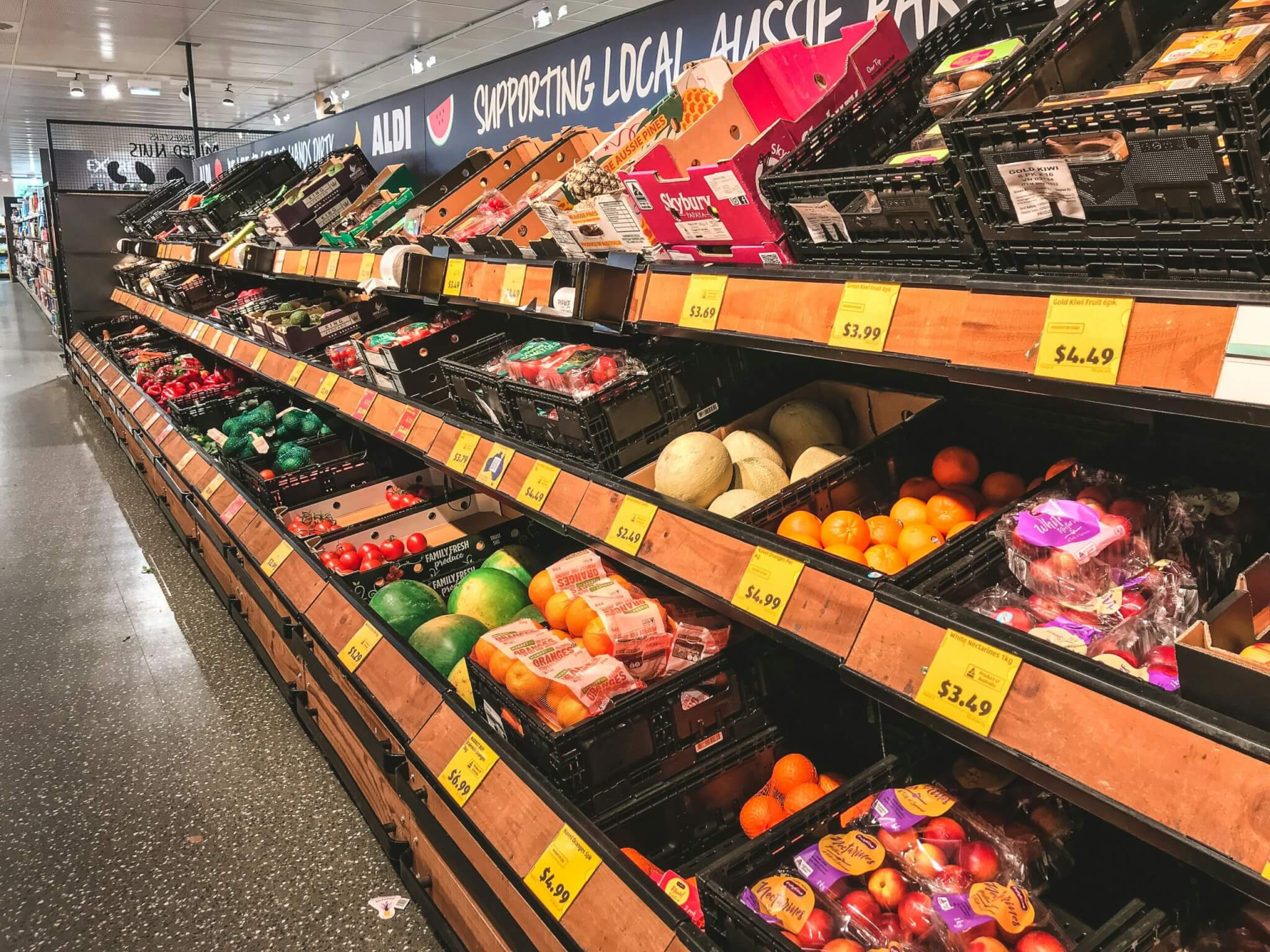Everyone’s a baker now. Up there with dried pasta, pet food, and long-life milk, flour became one of the most sought-after cupboard staples during lockdown. Demand for it has doubled, and the market is struggling to keep up.
The great flour ‘shortage’ may be how some tabloids are putting it, but the issue lies more in its distribution. With bakeries, restaurants, and cafes having a lower output, if any, an abundance of flour remains unused or without the packaging required to go direct to shoppers.
Pre-Covid, 96 per cent of all flour produced was destined for hospitality and food manufacture, meaning most of the large mills are geared to supplying bulky 25kg bags – not the 1kg bags shoppers are used to seeing in store. It takes more than a click of the fingers to shift production from one to the other. And by the time a mill adapts, odds are that bakeries and restaurants will be back on the phone with their orders.
As a result, shops, supermarkets, and bakers have resorted to looking outside mainstream supply. Sales at Gilchesters Mill, on an organic farm outside Newcastle upon Tyne, peaked during lockdown when they received 300 orders in 20 minutes. “That’s not much for the big boys,” says Bille Wilkinson, who with husband Andrew owns the farm. “But for me, my husband, daughter, and our small team…”

It’s a story playing out across the UK. When shops in Carlisle had all but run out of flour, they called up Warwick Bridge Mill, a local watermill dating back to the 12th century. As it happened, the millers were about to start up production for the first time in 30 years. But they weren’t expecting the numbers they ended up with.
Demand as a result of lockdown mean they’re pushing out 740kg of milled flour per week rather than the 50-100kg they were anticipating and the community mill is now supplying 1.5kg bags of wholemeal flour to local newsagents, grocers, butchers, and dairies.
Charlecote Mill, near Stratford-Upon-Avon, like so many of its kind, is cited in the Doomsday Book – due to lockdown, it now has a waiting list of up to seven weeks. Focusing on 1.5kg bags, rather than the larger 32kg bags it sells via wholesale, the miller, Karl Grevatt, has had 2,000 orders since lockdown started. Usually, in the same time frame he’d get 300. He’s had to turn many more away as there’s only so much the Victorian engineering, his two-man team and the current low river levels, can produce.
Over at Crakehall Watermill in North Yorkshire, miller Lionel Green is contending with the rise in local orders. “I got through a tonne of grain in the month March to April,” he says, a quantity “approaching double” what he’s familiar with.

“We’ve been getting quite a few emails,” says Green, a member of the Traditional Cornmillers’ Guild. “Of course a lot of people are looking for plain flour, white flour, and self-raising. And we don’t produce that. Milling in the traditional way is the important thing to us – not industrial, in the sense they take so many things out of it and add things.”
While modern mechanised mills rely on steel rollers to convert grain to flour, Crakehall mills using two French Burr stones. Similar to the cold-pressing of olive oil, the stones don’t warm the flour so much, which dilutes its flavour. The process is less wasteful, too.
The use of stone also means smaller mills have stronger links to sustainable and organic wheat growing, as the hard grain obtained from heritage varieties – which support a low- intensity farming system – is better suited to grinding rather than the shearing method of steel rollers.

“Granite millstones help to keep grain cool as it travels through the mill, protecting naturally occurring oils and nutrients,” says Andrew Heyn, who built the new mill at Dartington, near Totnes, set up by three local businesses to link sustainable local wheat growers with artisan bakers that was fast-tracked due to spiralling demand for flour during lockdown.
One of the wheat varieties here was bred by the pioneering Wakelyns Agroforestry centre, which is uniquely suited to an organic low input system, and the new Dartington Mill provides a vital link so that it can be sold and eaten within the local community.
At Gilchesters, Bille and Andrew started researching, and then growing, varieties best suited to the organic model (such as spelt, rye, emmer, and einkorn) 20 years ago. “The old varieties are very tall and have a higher nutrient content,” says Wilkinson. “Spelt and rye are shoulder height, while the average now is below your knee.”

Though shorter means easier to harvest, taller straws means longer, more resilient roots, which have better nutrient absorption, she explains, adding: “those with shorter straws have no root system anymore. They can’t get the nutrients from the soil, so they can’t give them to us when we eat them.”
When they started, the pair say they couldn’t find a baker interested in their rare varieties – a very different story to today’s skyrocketing demand. And with bakers and restaurants starting to re-open for the first time in two months, things aren’t about to quieten just yet.
The coronavirus crisis has brought these ancient mills, and the heritage techniques they go by, into the public consciousness as part of a renaissance in local food supply.
Whether those who have rediscovered their local mill will continue to support them beyond the pandemic remains to be seen.










0 Comments